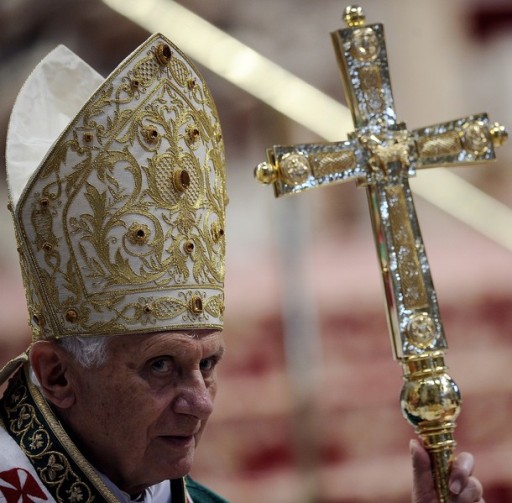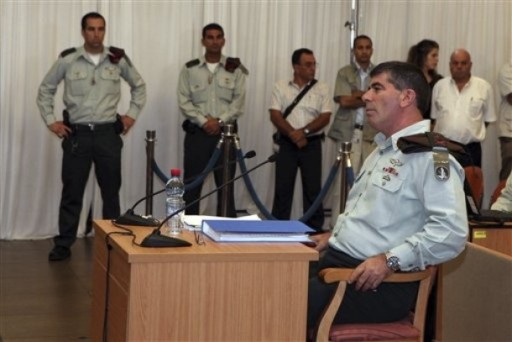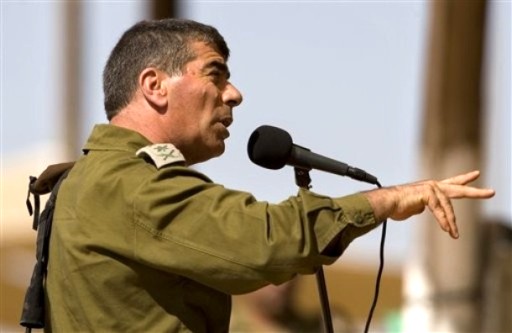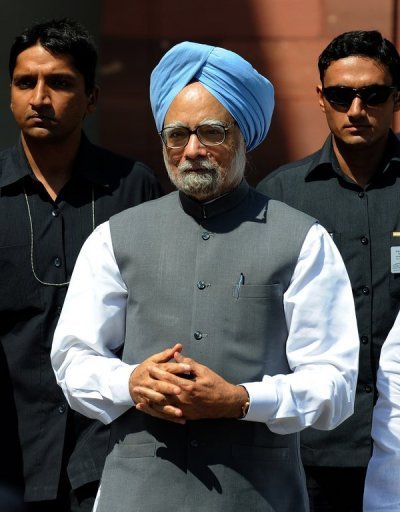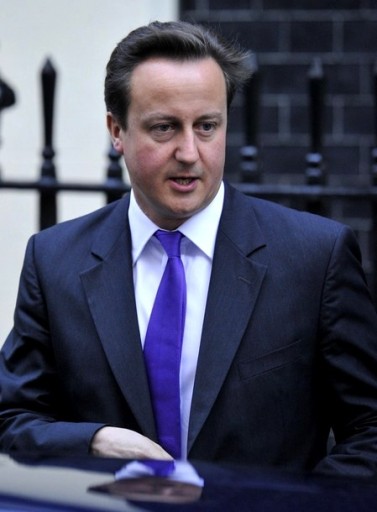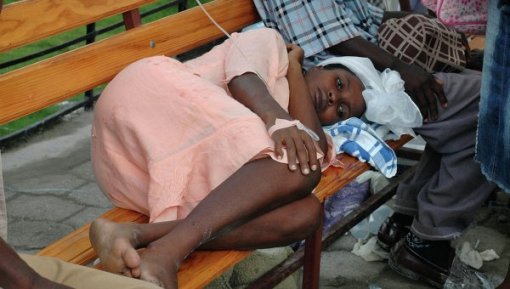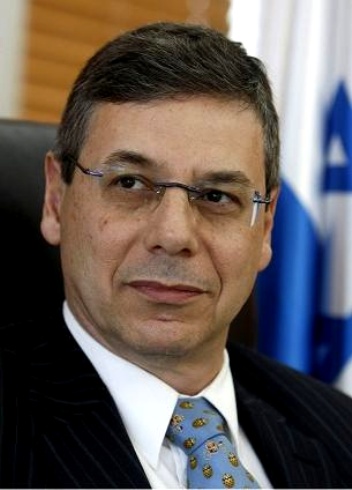
Deputy Foreign Minister Danny Ayalon
October 24, 2010 (KATAKAMI / FRANCE 24 / AFP) - Israel on Sunday slammed critical remarks made by Middle East Catholic bishops after a meeting chaired by Pope Benedict XVI as "political attacks" on the Jewish state.
"We express our disappointment that this important synod has become a forum for political attacks on Israel in the best history of Arab propaganda," Deputy Foreign Minister Danny Ayalon said in a statement.
"The synod was hijacked by an anti-Israel majority," he added.
Bishops and patriarchs from across the Middle East on Saturday called on the international community to end the occupation of Arab lands in an official statement following a two-week synod held at the Vatican.
"Recourse to theological and biblical positions which use the Word of God to wrongly justify injustices is not acceptable," the synod said.
Archbishop Cyril Salim Bustros, head of the commission which drew up the statement, went one step further, saying: "The theme of the Promised Land cannot be used as a basis to justify the return of the Jews to Israel and the expatriation of the Palestinians."
"For Christians, one can no longer talk of the land promised to the Jewish people," the Lebanese-born head of the Greek Melkite Church in the United States said, because the "promise" was "abolished by the presence of Christ."
Ayalon said he was "especially appalled" at those remarks.
"We call on the Vatican to (distance) themselves from Archbishop Bustros's comments, which are a libel against the Jewish people and the state of Israel and should not be construed as the Vatican's official position."
Most religious Jews believe the land of Israel was given to them by God, and Jewish settlers often cite biblical justifications for holding onto the West Bank and east Jerusalem, territories seized in the 1967 Six-Day War.
But foreign ministry spokesman Yigal Palmor said scripture had never been used by any Israeli government to justify the occupation or settlement of territory.
He also pointed out that Israel's Christian population had grown since the establishment of the Jewish state, while in much of the rest of the Middle East Christians have fled in large numbers because of war, instability and economic hardship.
Chief Palestinian negotiator Saeb Erakat, meanwhile, welcomed the synod's call for a two-state solution and blamed Israel for the emigration of Christians from the occupied territories.
"The international community must uphold its moral and legal responsibility to put a speedy end to the illegal Israeli occupation," he said.
The United States convinced Israel and the Palestinians to renew direct peace negotiations in early September but the talks ground to a halt later that month when a 10-month partial Israeli moratorium on settlements expired.
